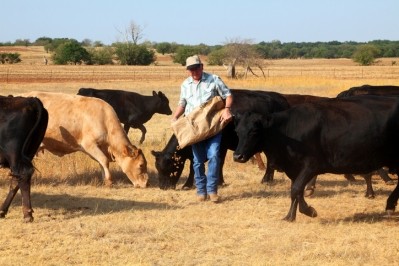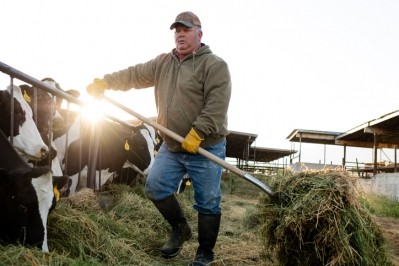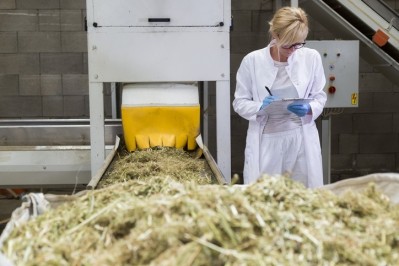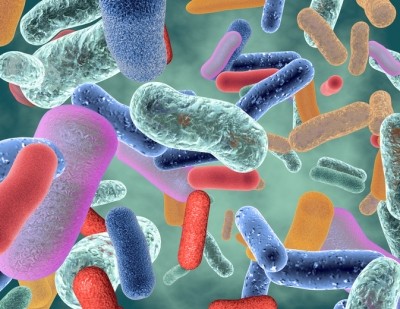New educational initiative for US calf producers
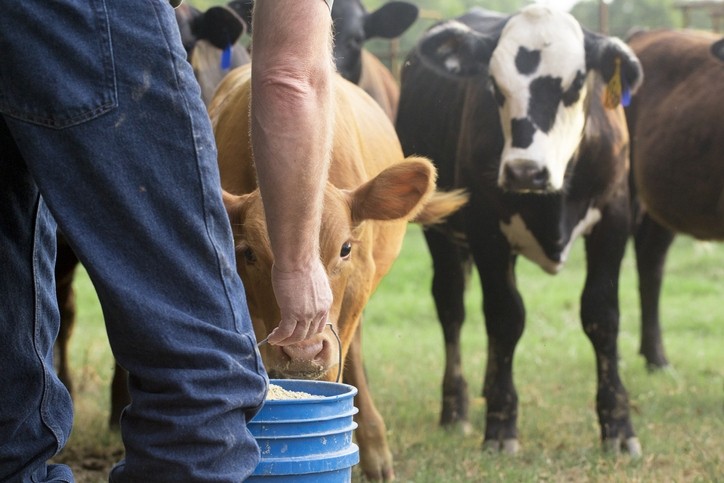
The CCQA is a collaborative educational program that aims to provide guidelines for calf raisers.
It is a joint initiative led by the Beef Quality Assurance (BQA) program of the US National Cattlemen’s Beef Association (NCBA), funded by the Beef Checkoff, and the FARM program, managed by the US National Milk Producer’s Federation (NMPF) with support from the US Dairy Calf and Heifer Association (DCHA) and the Beef Checkoff-funded Veal Quality Assurance (VQA) program.
The project got underway in 2019, and over the last two years, a task force of calf raisers, animal scientists, veterinarians, industry groups, and other experts worked on a framework and foundational resources for the CCQA program. This year will see the rollout of various resources, training and certification, and self-assessments, under the program, to serve the calf-raising industry.
Stuart Hall, California dairy farmer and CCQA task force member, said it was an impressive achievement to bring representatives from BQA, FARM, DCHA and VQA together to actively challenge and establish guidelines and standards that align with the values, commitment, and passion of calf raisers.
Dr Brett Boyum, dairy production veterinarian for Riverview, and also a member of the CCQA task force, said the new program not only exists to support calf raisers, but it helps the consumer understand the attention given to calves, as well. “Ultimately, the consumer should feel good about knowing that calf-raisers sites following this program will be raising their calves in a responsible manner with their health and welfare as the top priority."
Rationale behind program
The groups behind the initiative say healthy calves are the cornerstone of every beef, dairy, and veal facility. While the existing cattle quality assurance programs apply to much of the US cattle industry, the industry is evolving and diversifying. The emergence of dairy, beef, contract heifer raising facilities, and calf ranches represent aspects of the cattle production system that currently fall outside of existing programs, they added.
As no single organization or program covers all calves, to ensure optimal health and welfare throughout the supply chain, those groups said they came together to collaboratively create a new streamlined program for calf care and management.
What it includes
A reference manual sets the foundation. It has been created around the understanding of the diversity of calf-raising enterprises, being science and outcomes based while maintaining facility type and size neutrality, said the organizations. While the approaches identified in the manual are not the only practices that can meet the desired outcomes, the program provides a framework that will serve as great resource for anyone working in the calf-raising industry, noted the developers.
In addition to the manual, the CCQA program will roll out producer-focused training modules that will certify producers in the principles of excellent calf care later in 2021, they said.
“The work does not stop with the development of resources, it will be constantly reviewed for its industry relevance and to maintain its foundation as a science-based, common-sense industry standard.”
High quality diet is key
According to the University of Minnesota Extension, using basic care practices daily can reduce calf illness and death on farms. Managing heifer calves can help producers make sure they:
- Enter the milking herd quickly
- Become strong, healthy and high-producing cows
It outlines top tips for calf care on its website.
During the preweaning period, the university team said it is key to ensure the calves’ diet - liquid feed, forage, and grain - are all high quality. Research shows poor nutrition between weaning and six months of age can cause these animals to have:
- on average: a 4.5-month delay in age at first calving,
- reduced growth rate, and
- an increased risk of being culled as a cow.
Sustainable sector
Those behind the initiative say that maintaining customer trust that animal protein products are being produced responsibly is key to the success and the sustainability of the cattle industry.
“Importantly, employing these approaches will also translate into better outcomes for producers, from improved resource management to better financial returns. Committing to calf health management is the right thing to do, for calves, producers, and consumers.”
